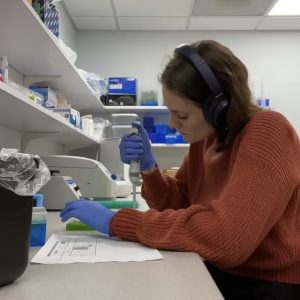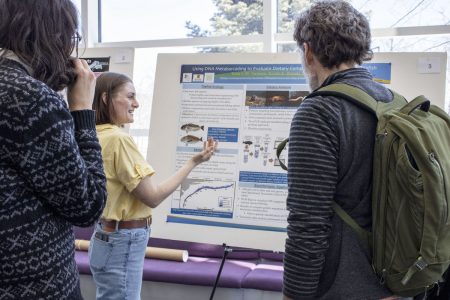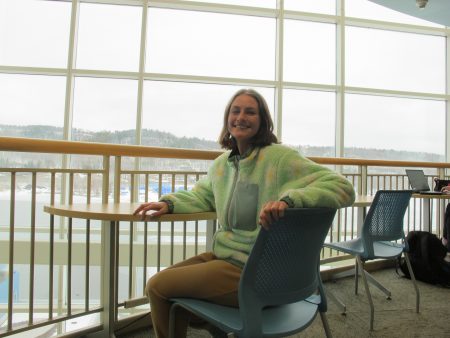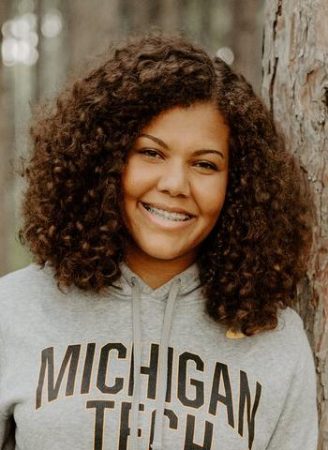Heartiest congratulations to the following 10 instructors from the Biological Sciences Department who have been identified as some of the only 74 campus-wide instructors who received exceptional “Average of Seven dimensions” student evaluation scores during the Spring 2023 semester.
Only 89 sections university-wide (out of more than 1,411 evaluated) were rated so highly by the students. Their scores were in the top 10% of similarly sized sections university-wide, with at least a 50% response rate and a minimum of five responses.
Provost Storer recently congratulated them for their outstanding accomplishments in teaching.
The following faculty/staff/graduate students received the recognition based on an average of 7 elements of a university-wide class size group with a response rate of >50% on student evaluations of their lecture/lab classes:
- Dr. Casey Huckins, Professor and Associate Chair
- Ms. Brigitte Morin, MS, Associate Teaching Professor (Winner of MTU teaching award in 2018)
- Dr. Gordon Paterson, Assistant Professor
- Ms. Claire Danielson, MS, MLS Program Director, and Assistant Teaching Professor (Nominated for the MTU teaching award, 2022 and 2023)
- Ms. Sarah LewAllen, MS, MLS Program Coordinator
- Ms. Jenna Disser, MS Graduate Student
- Mr. Karl Schneider, Ph.D. Graduate Student
- Ms. Michelle Kelly, Ph.D. Graduate Student
- Ms. Nicole Roeper, MS, Director, Pre-Health Professions, and Instructor
- Mr. Hunter Roose, MS Graduate Student
We are very proud of these achievements, and we thank them and you all for fulfilling the educational mission of our university!
The departmental student rating average for Spring 2023 was 4.51 out of 5. Since 2013, our faculty, staff, and students have been in this top 10% of teachers list 162 times.










